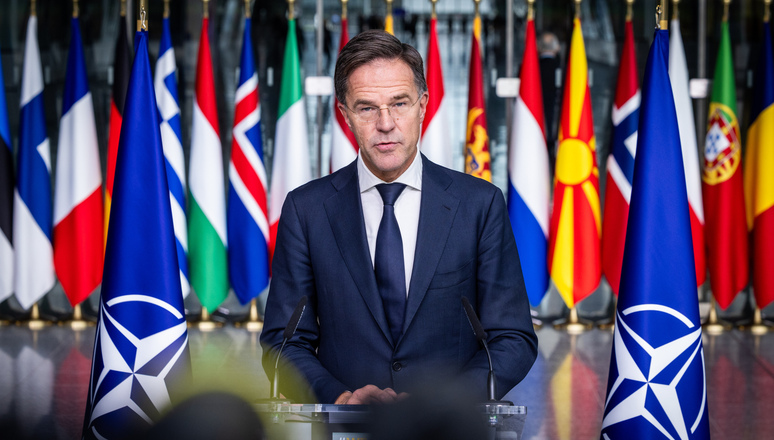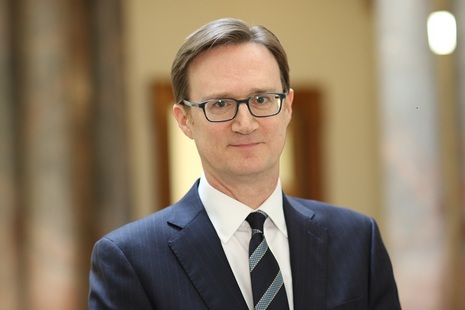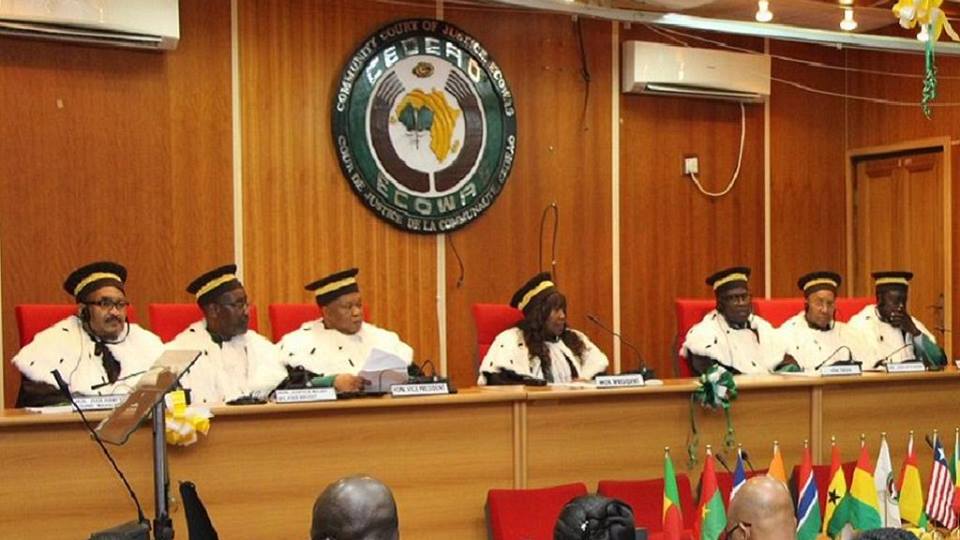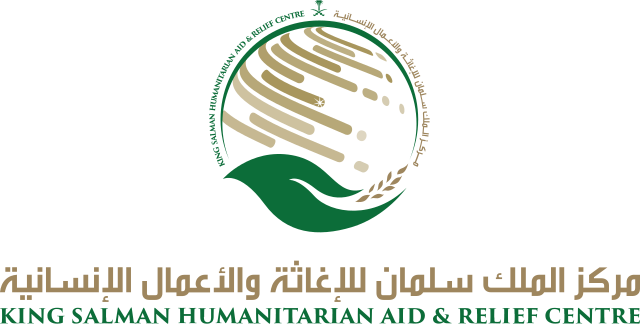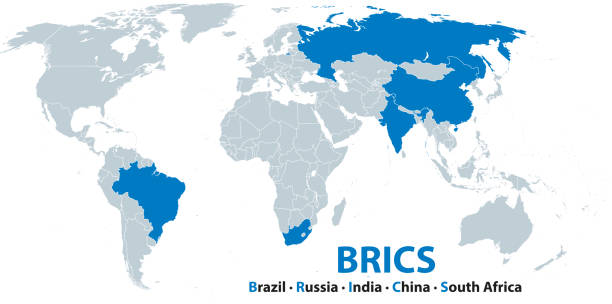Scaling-up Nigeria/Pakistan bilateral relations
By Maureen Okon
Nigeria and Pakistan, both members of the Commonwealth of Nations and Developing-8, have enjoyed blossoming diplomatic and bilateral relations over the years.
The relations established on March 22, 1961, spans from trade to defence and cultural exchanges; it is growing deeper, with both countries building strong ties.
In 2023, Pakistani exports to Nigeria was approximated at 39.8 million dollars, consisting mainly of packaged medicaments, synthetic fabrics, and vinyl chloride polymers.
Pakistani imports from Nigeria are worth 565.09 million dollars in 2024, according to the UN COMTRADE database on international trade.
Some Pakistani imports from Nigeria are mineral fuels, oils, distillation products, oil seed, oleagic fruits, grain, seed, fruits, wastes of food industry, animal fodder, cotton, raw hides and skins, among others.
Both countries have benefited through the trade relationship and are working to strengthen their ties through trade delegations and business liaison.
In 2021, Pakistan energised its relations with Nigeria and Africa through the Trade Development Authority of Pakistan (TDAP), using the ‘’Engage Africa Policy’’ platform.
The policy, which was implemented to strengthen trade and economic ties with Nigeria, then went further to extend the relationship to other Africa countries by opening five new diplomatic missions in; Rwanda, Ivory Coast, Uganda, Djibouti, and Ghana.
Weighing in on the relations, Retired Maj.-Gen. Sohail Khan, the High Commissioner of Pakistan to Nigeria, said that his country’s historical relationship with Nigeria continued to deepen with engagement in trade, cultural and military exchanges.
Khan said that both countries would continue to strive harder to further improve their bilateral ties.
In 2024, Pakistan collaborated with Beauty West Africa (BWA) exhibition held in Lagos, where the Pakistani ambassador said that the collaboration between his country and Nigeria on raw material for beauty products should be strengthened to enhance investments both countries.
The BWA seventh edition was termed as the biggest beauty exhibition of its kind in recent times which had in attendance more than 300 exhibitors from 52 countries.
Khan said the collaboration between his country and Nigeria on raw material for beauty products should be strengthened to enhance investments in the country.
The 7th edition of the beauty show was termed as the biggest of its kind in recent times, and it had more than 300 exhibitors from 52 countries in attendance.
The countries included Pakistan, United Arab Emirates, Korea, Egypt, China, India, Europe, the Middle East, and South America, among others.
According to Khan, the collaboration is a win-win situation where the exchange of goods and services is the bedrock of the relationship of Nigeria and Pakistan.
“Nigeria has got a lot of stuff available in terms of raw materials for the beauty products, hence the need for collaboration; Pakistani investors can come and make investments over here.
“They can establish some small manufacturing units, which in turn both countries can benefit from this kind of joint ventures and joint collaboration, so it has to be a win-win situation for both sides,” Khan said.
The envoy said that the existing cultural similarities between both countries for ages had created the platform for the exchange at the BWA show.
Some Pakistani exhibitors lauded the organisers of the exhibition for creating a platform for more than 52 countries to showcase their beauty products in Nigeria.
They said that the platform provided opportunities to connect and network with one another.
Worthy of mention, Nigeria and Pakistan have forged strategic bonds in counter-terrorism, and border security to reinforce bilateral military relations.
Recently, Gen. Shahir Mirza, the Chairman Joint Chiefs of Staff Committee of Pakistan, paid a strategic visit to Gen. Christopher Musa, Nigeria’s Chief of Defence Staff.
The strategic meeting marked a significant step toward reinforcing military cooperation, specifically in the areas of training, intelligence sharing and counterterrorism.
The collaboration saw both countries training over 2,000 Nigerian military officers who received training from various Pakistani military institutions, as part of the collaboration to boost defence capabilities of both countries.
The training initiative aims to enhance Nigeria’s military operations against insurgency and terrorism.
Mirza said that Nigeria was a continental powerhouse with geo-strategic importance to Pakistan.
He expressed his country’s readiness to further collaborate with the Defence Industries Corporation of Nigeria (DICON).
On his part, Musa said that the Nigerian Military would continue to build its capacity in collaboration with the Pakistani Armed Forces.
The chief of defence staff empahsised the importance of having a strategic collaboration between both countries in the area of training, particularly, Special Forces training; management of veteran affairs, border security and intelligence.
He added that these collaborative efforts had birthed the training of over two thousand officers in various Pakistani military institutions.
The Pakistan’s Inter-Services Public Relations (ISPR) reported that Mirza met with Nigeria’s defense minister as well as the chiefs of the army, navy and air force.
“The meetings focused on challenges faced by both countries, especially in the domain of counterterrorism, as well as broader defense cooperation and regional security.
“During the separately-held meetings, both sides engaged in discussions on challenges faced by both countries especially in the domain of Counter Terrorism (CT) and areas of mutual interest, including security, defense cooperation, and the evolving international / regional landscape.
“Both sides reaffirmed the resolve to further enhance defense and military collaboration between both militaries,” ISPR said.
The two countries enjoy excellent relations in defence and military domains. Nigerian Air Force has inducted 3 JF-17 thunder jets and 10 Super Mushak aircrafts in their fleet procured from Pakistan.
Under Pakistan Technical Assistance Programme, Pakistan offers scholarships to Nigerian students; there are approximately 2500 Pakistanis living in Nigeria.
In the light of similar security and economic challenges faced by Nigeria and Pakistan, analysts say deepening bilateral relations between the two countries will be mutually beneficial.
They say enhancing counter-terrorism and defence cooperation has become imperative as both nations battle onslaughts from insurgents.(NANFeatures)
***If used, please credit the writer and the News Agency of Nigeria.







